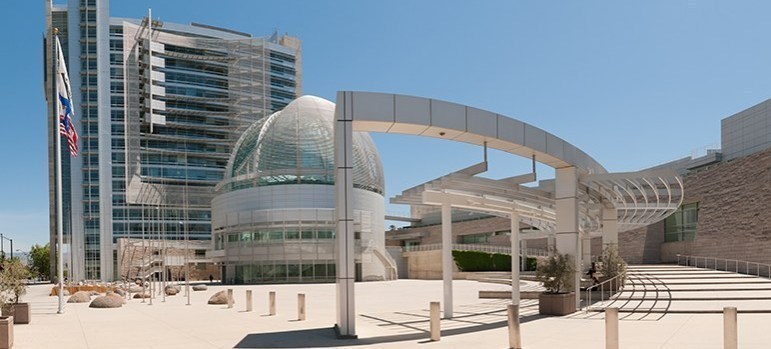Late last month, the San Jose City Council suspended some of its “sunshine laws” to fast-track proposals related to the coronavirus outbreak. Now, a few council members want to restore some of those accountability measures.
San Jose’s sunshine ordinance, which aims to promote transparency and easy access to public information, has been touted as one of the strongest in the state since it was enacted in the early 2000s. The policy requires city officials to post agendas for public meetings at least 10 days in advance.
But in light of the dramatic scaling back in city services, the council decided to suspend the rule for issues related to the public health emergency. Instead, the plan was to default to the state’s less stringent Brown Act, which only requires a 72-hour notice.
The decision has caused some problems, however, as last-minute proposals from council members bypass the Rules and Open Government Committee, which vets items before they’re placed on the council agenda.
“While all of those issues may be important, not all of them require urgent action—and as we’ve seen recently, several will require substantial analysis by the city attorney and staff,” Mayor Sam Liccardo wrote in an April 14 memo. “During a time in which hundreds of our key city staff have redeployed to coordinate the provision of 350,000 daily meals to our residents, move hundreds of homeless residents into safety, and other critical issues, the Council must exercise discipline in its use of staff time.”
At this week’s rules meeting, Liccardo asked to amend the current noticing policy by allowing only the city manager to place an item on the council agenda that hadn’t yet passed through the subcommittee.
Councilman Johnny Khamis, who supported the idea, said he didn’t want a repeat of what happened at the April 7 council meeting. That’s when council members Magdalena Carrasco and Raul Peralez brought forward a 90-day rent-suspension proposal for tenants impacted by Covid-19.
The initiative had skipped the typical vetting process, leaving City Attorney Rick Doyle scrambling to draft a memo about the potential unconstitutionality of the policy.
“I just don’t want to be taken by surprise like we did this last session where we were having to understand the constitutionality on Monday evening right before a council meeting,” Khamis explained.
Liccardo also asked whether council members could ask the city clerk to place last-minute proposals under orders of the day, items typically heard at the start of each council meeting. And while the council typically takes public comment on orders of the day, Liccardo wants to do away with the custom.
“I had been doing it as a matter of practice simply because as we often had seen, these items will get thrown into the community, there will be a lot of interest generated as a result of that,” the mayor said.
Carrasco and Peralez’s rent suspension proposal was originally placed on orders of the day. But when Doyle ruled the initiative was unconstitutional, the council decided not to move forward with agendizing the item. Still, the council took more than an hour’s worth of public comment from dozens of community members on both sides of the argument.
“To shut public comment down in many ways strikes folks as being undemocratic,” Liccardo added. “What I’m trying to do is trying to as much as possible let everyone have a clear expectation early on that that’s not going to be a place for public comment. We certainly will continue to have it on each item individually that’s already on the agenda.”
Assistant City Attorney Ed Moran said that suspending public comment on orders of the day was allowed since it’s not required under the state’s Brown Act. The concept was one that the council decided to impose on itself. “There was a court decision that basically said that you don’t have to have comments on orders of the day because it’s a legislative act,” Moran said. “You’re actually just placing items on an agenda, you’re not acting other than placing or not placing an item on an agenda.”
The proposals are slated to be heard by the full council at next Tuesday’s meeting.


Incomprehensible.
“Inside baseball”.
Who knows what they’re up to. Assume they’re up to no good.
The Mayor gave a mea-culpa, as well, since it was in his power, as chair of the meeting, to have avoided the mess by requiring the vote on Orders of the Day before letting the Council discuss the item in the first place. If you ask me, it would not have even seen the light of the day’s agenda had normal meeting processes been followed, as the Council would have voted NOT to agendize the item, given its unconstitutionality.